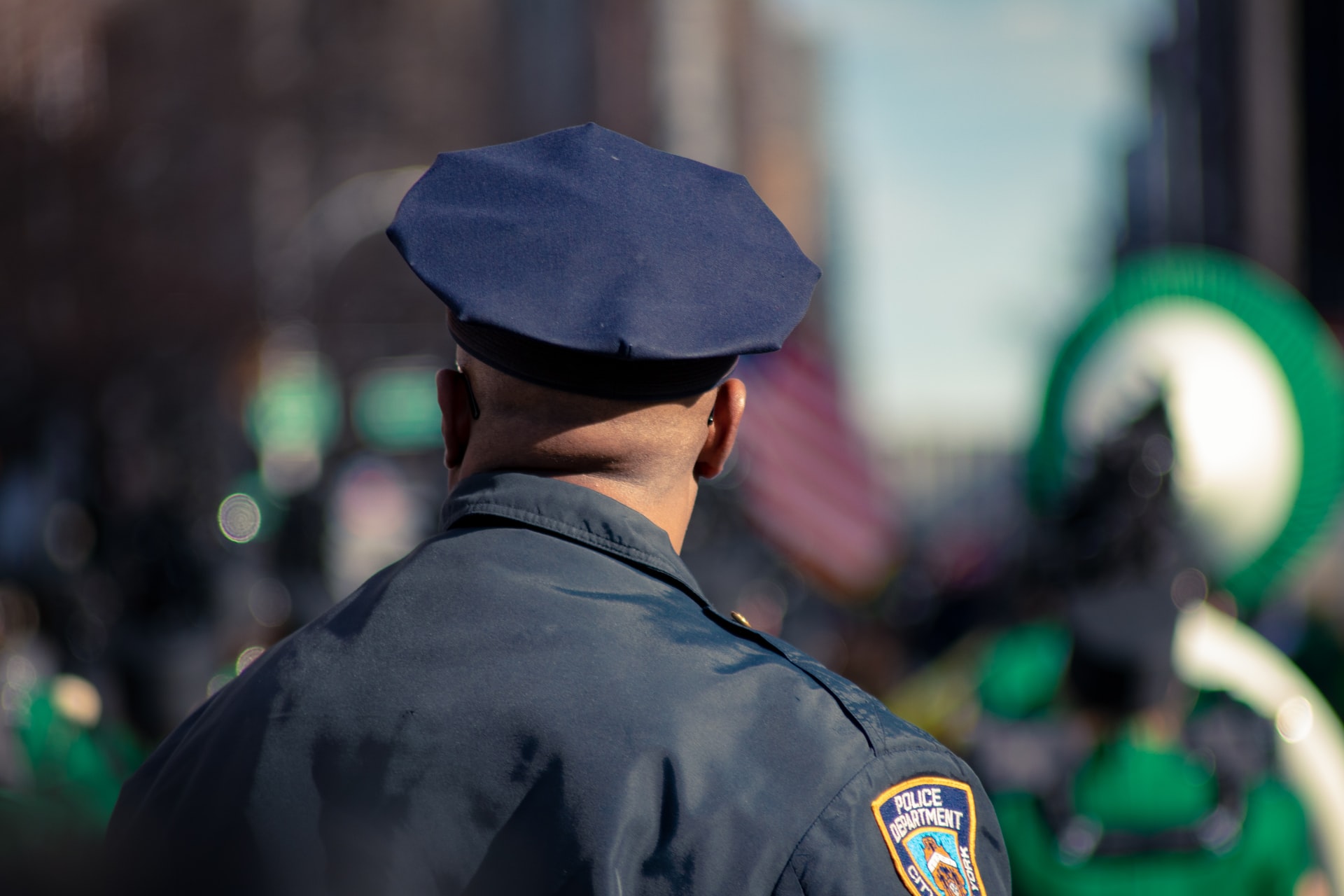Law enforcement must have a warrant or probable cause to search you, but not to stop and question you. Being approached by an authority official can be intimidating, especially if you don’t know what is required of you by law, and what isn’t. Let’s break it down.
Why Am I Being Stopped?
One reason the police may stop to talk to you is if they have a warrant for your arrest or a search warrant. However, being stopped doesn’t always mean you’re in trouble. An officer may try to talk to you if:
- You have witnessed an event that is being investigated, which is called a “Terry Stop”.
- You match a suspect description. The officer will want to determine whether or not you are who he or she is looking for.
- You are the victim of a crime. Law officials will want to question you in order to get the perpetrator off the streets as soon as possible.
If you are in your car when law enforcement approaches you, there must be probable cause, which means that there has to be a factual, unbiased reason for them to suspect a crime is being committed. For example, an officer can’t pull you over for something silly like having a marijuana bumper sticker or playing music about disliking the police. However, if there is something illegal in plain sight such as reckless driving, an expired inspection sticker, or if the vehicle you are driving has been reported stolen, the police have the right to pull you over.
Can I Walk Away?
Ask if you are under arrest. Unless you’re being detained, you have the right to walk away calmly. If you run, it could be considered probable suspicion, which is less than probable cause, but enough to reasonably suspect that something is amiss.
Remember, unless you are under arrest, it is illegal for a police officer to force you to speak, or to search you or your property without either your consent or a search warrant. It’s important to be clear and say “I do not consent to be searched” and or, “I wish to remain silent.”
Do I Have To Provide ID?
According to Minnesota law, the police are not allowed to ask for ID unless they suspect you of committing a crime. However, it’s generally a good idea to comply.
- If you look like a wanted suspect in a case, providing identification will help you avoid being confused with a criminal.
- If an officer suspects that you are trespassing, showing your state ID or drivers’ license is a way to confirm that you either live on the property or have another reason to be there.
- When the police only have a vague suspect description from witnesses to work with, it can be tough for them to know exactly who they’re looking for. Giving your ID not only tells them who you are, but it also shows that you have nothing to hide.
When reaching for identification, do so slowly and calmly.
What If I’m Arrested?
Being arrested is scary regardless of whether or not you’re innocent, but it’s important not to let your nerves get the best of you.
- Be respectful and compliant.
- Do not yell, argue, curse, resist, or touch the police officer.
- Pay attention to names and badge numbers.
- Ask for a lawyer.
- Do not answer any questions about your case until your attorney is present.
It’s a good idea to memorize your lawyer’s phone number just in case. While in custody, you can’t use your own cell phone.
If you were stopped or arrested by law enforcement and feel that your civil rights have been violated, contact us ASAP for a free consultation with a criminal defense attorney and a plan of action.

